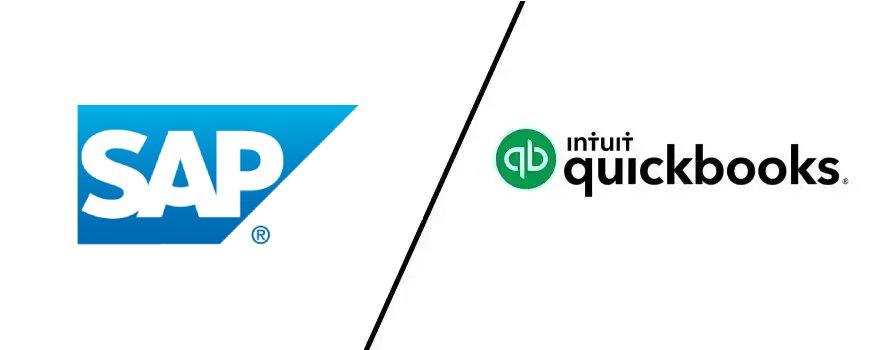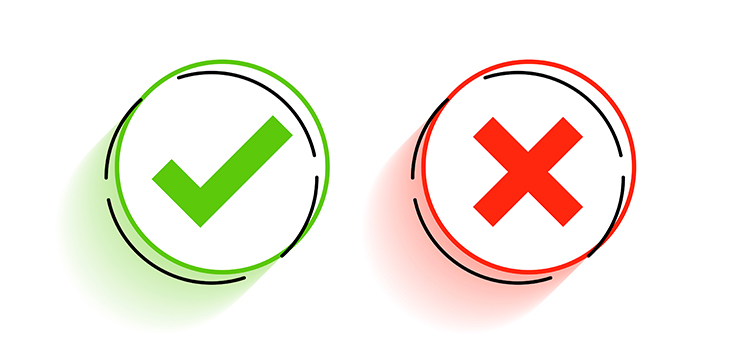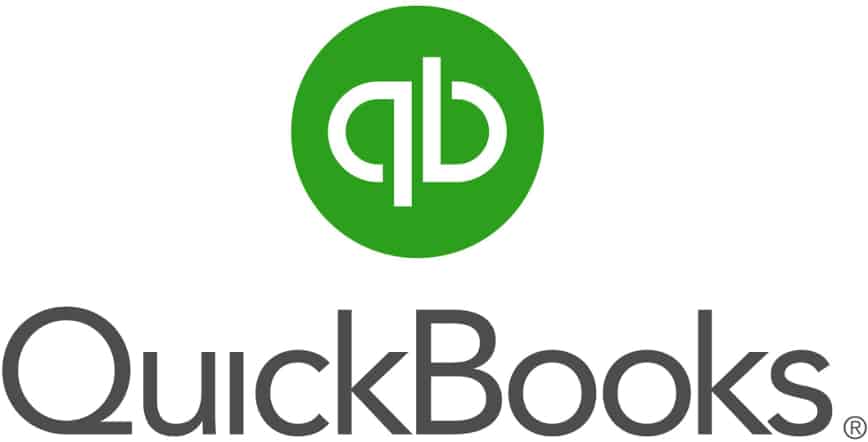
The size of your business does not matter the most. A perfect accounting solution is what keeps the venture consistent. So, when it comes to the best accounting solution, there is no other substitute to either SAP or QuickBooks. However, you have to choose either of the two as your business finance assistance. Thus, it is recommended to have an in-depth knowledge of both and select the one that you think fits your business. Let have a look at the thorough contrast.
SAP vs QuickBooks: Intro
SAP
The ERP has methodically designed SAP. It generally offers assorted products for various businesses small or big. This enterprise resource planning software includes a modular software which integrates the primary interest via a unified system. It has a centralized data management system that totally covers the whole business areas. The software components of the SAP are known as modules. Besides, the other components of SAP are business functions such as material management, accounting. Thus, users can manage sales, customers, and departments with ease. SAP also automates the financial operation and systemizes the manufacturing process.
You May Also Compare
Choose what is right for you! Compare Bench with QuickBooks to keep your business running!
View All FeaturesQuickBooks
It is basic accounting that can administer the business finance. QuickBooks is an easy way to cater the accounting needs. Unlike SAP, accessing QuickBooks does not need accounting knowledge. The software is more focused on offering financial solutions unlike SAP’s integrated business management. Moreover, opting for QuickBooks is cheaper as compared to the former version.
SAP vs QuickBooks: Features

| SAP | QuickBooks |
| Besides monitoring business intelligence and human resources, SAP offers other diverted features like expense and income management, inventory management, vendors and customers, etc. | QuickBooks also has similar features but with limitations. It also offers expense and income management, inventory management, vendors and customers, etc. |
SAP vs QuickBooks: Comparison
Comparison: SAP versus QuickBooks | ||
| Functionality: The functionality that SAP offers are: supply chain management, materials management, logistic execution, CRM, quality management, production planning, quality management, etc. The functionalities of QuickBooks are: bank reconciliation, VAT management, time tracking, accounting, invoicing, etc. | Cost: The cost of accessing SAP is higher. QuickBooks is affordable as it has subscription plans of various price ranges. | Target Market: Large businesses prefer using SAP as their comprehensive business management tool. QuickBooks is created for medium to small-sized businesses. |
| Complexity: SAP is complicated. Thus, it needs extensive training and a skilled team of IT for software management. The interface of QuickBooks is user-friendly. Thus, its subscribers can use it even with little accounting knowledge. | Integration: SAP is designed to integrate with another ERP software. QuickBooks can only integrate with payment processors or e-commerce platforms. In other words, it can only integrate with tools involved with small business. | |
SAP vs QuickBooks: Pros & Cons
SAP Pros and Cons

Pros | Cons |
| It gives you a complete visibility of your business. If you are using SAP, you do not need any other software. The reason is it is composed of multiple systems. As you connect to the data, you will be able to view the real-time performance of your business. | Implementing SAP in a business is costly. The license and the maintenance charge are high. So, small-sized businesses may have a budget restraint when it comes to using SAP. |
| The more the usage of software, the larger the complexity is. SAP offers report compiling and manual data transfer. Thus, it decreases efficiency and complication. | The team that is dedicated to using SAP is costly to maintain. As you have to pay each professional in charge of the software. |
| It is flexible and created with custom configurations to cater various needs of the business. It is compatible for configuring any business kind. | In many cases, the company needs to have sound knowledge of accessing SAP else they may face issues. |
| Mid to large sized businesses usually prefer SAP because it supports a large transactional volume. |
SAP Pros and Cons

Pros | Cons |
| It is a user-friendly software for the companies who want to reconcile their accounting sections with this software. | The software has plenty of spaces to play or manipulate with the data. It is like a double-edge sword which allows you to make mistakes and also mend it. |
| The software updates you with reports associated with tax management. It also ensures that you are an on-time taxpayer with the effective tax rate. | Since it is for small business, it can only allow only one user to access a certain portion of the file. |
| QuickBooks offer consistent updates for loading the business with additional features. Thus, you can smoothly monitor all the aspects of business. | The invoicing setup takes time. Once it is completely done, the invoice is ready to be sent via mail. |
| With the composition of new technology, the software is tending to be one of the best in the market. | |
| This accounting solution consists of integrated tools which makes it more efficient, thus saving time for the users. | |
| QuickBooks has room for innovative thinking. It in turn increases the productivity and thinking capabilities of the employees. | |
| It is a time-saving and budget-friendly financing solution for business. | |
| Incredible backup system of your data makes QuickBooks a number one choice. Besides, it not only saves important data but also keep it secure. |
SAP vs QuickBooks: Integration
SAP always integrated with similar another ERP software. QuickBooks is created with the aim of integrating with payment processors, e-commerce platforms and other small-business tools.
SAP vs QuickBooks: Pricing
There is a huge difference in pricing between SAP and QuickBooks. SAP like QuickBooks has different plans with the basic from $ 99 onwards. On the other hand, QuickBooks plans start from $ 10 per month. However, you can access SAP Cloud for free within the trial period while QuickBooks do not offer such a deal.
SAP vs QuickBooks: User Interface
SAP basically has two types of UIs: The user-friendly one is for the small business and the advanced version for the large business. QuickBooks’s interface is easy-to-use since it is designed for small businesses.
Conclusion
To conclude, SAP is the best software for any business. Though it is more powerful and comprehensive, it is expensive and complicated. QuickBooks is ideal if your business falls under the category of small to medium size. It comes at an affordable rate and has a friendly UI. Still confused? Go for a free trial of both the software for the ultimate selection.

